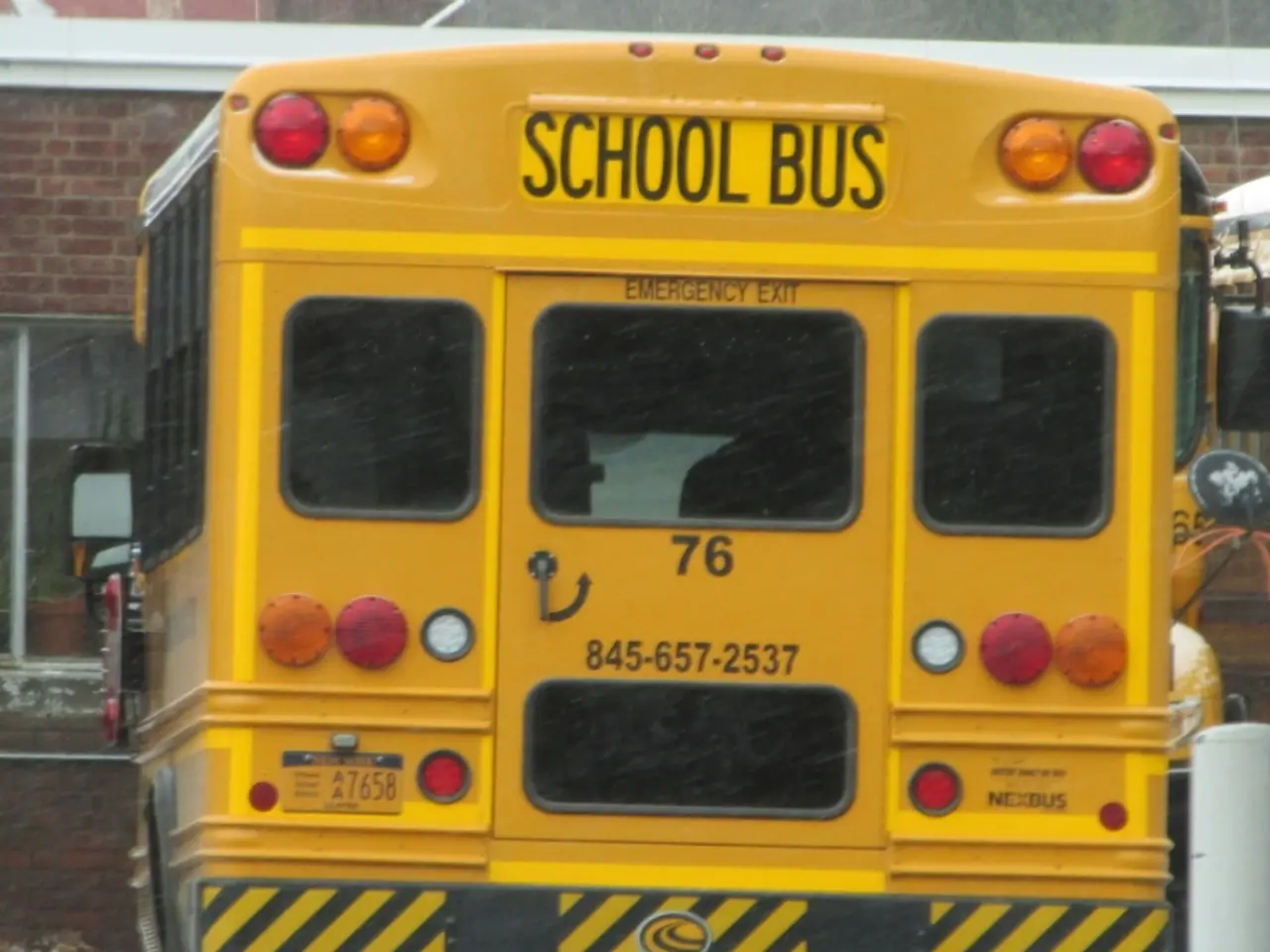Democrats in the Trump Crosshairs
Democratic leaders grapple with deciding suitable strategies for scrutiny, as Trump administration officials tighten their grip
Just hours after she blatantly denied allegations against her, New Jersey Rep. LaMonica McIver found herself surrounded by dozens of her Democratic peers in the Capitol halls. The case, they argued, threatened the very essence of congressional power.
In the words of New York Rep. Yvette Clarke, chair of the Congressional Black Caucus, "If they can break LaMonica, they can break the House of Representatives."
Federal prosecutors allege that McIver obstructed law enforcement during a visit with two fellow House Democrats to an Immigration and Customs Enforcement facility in Newark, New Jersey. She branded the charges "bullshit."
This isn't the only clash between congressional Democrats and the Republican administration, as officials crank up deportations across the country.
Sen. Alex Padilla of California was forcefully removed by FBI goons while attempting to speak at a news conference for Homeland Security Secretary Kristi Noem. At least six groups of House Democrats have recently been refused entry to ICE detention centers. In early June, federal agents stormed into Rep. Jerry Nadler's, D-N.Y., district office and briefly detained a staffer.
Congressional Republicans have dismissed Democrats' actions as "dramatic" and "over-the-top," with some publicly supporting McIver's prosecution.
Lacking subpoena power, congressional Democrats are grappling with how to perform their oversight duties in the time of escalating tensions with the White House and new restrictions on lawmakers visiting federal facilities.
"We have the authority to conduct oversight business, and clearly, House Republicans are not doing that oversight here," said New Jersey Rep. Rob Menendez, one of the House Democrats who accompanied McIver to the Newark ICE facility.
"It's our obligation to continue to do it on site at these detention facilities. And even if they don't want us to, we are going to continue to exert our right."
A New Reality for Democrats
The prospect of facing charges for once normal oversight activities has alarmed many Democrats who never imagined they'd face criminal prosecution as elected officials. The recent targeted shootings of two Minnesota lawmakers and the country's tense political atmosphere have added to the concerns.
"It's a moment that calls for personal courage from members of Congress," said Rep. Summer Lee of Pennsylvania. "I wish we had more physical protection. I think that's one of those harsh realities that members of Congress who aren't in leadership understand: that oftentimes, we do this job at our own risk."
The arrests and detentions of lawmakers have led some Democrats to take precautionary measures, such as consulting with the House general counsel about their right to conduct oversight and seeking personal legal counsel. They've also called for a review of congressional rules to provide greater protections.
"The Capitol Police are our security force. We need them to travel with us, to go to facilities and events that the president may have us arrested for," said Rep. Jonathan Jackson of Illinois.
In the Dark
With limited transparency from the Trump administration, Democrats are struggling to perform their oversight duties under the clouds of roiling tensions with the White House.
"There's not a lot of transparency. From day to day, oftentimes, we're learning about what's happening at the same time as the rest of the nation," said Rep. Lucy McBath, D-Ga., who led a prayer for McIver at the Capitol rally.
Democrats are leveraging public letters, testimony at congressional hearings, and digital media outreach to attract public attention and pressure the administration.
"We've been successful when they come before committees," said Rep. Lauren Underwood of Illinois. "I believe the public inquiries have resonated with voters."
Insights
In their struggle to maintain oversight, Congressional Democrats are grappling with constitutional violations, political resistance, and internal party dynamics. Their strategies to confront these challenges include aggressive oversight, legal challenges, public advocacy, and partnership with advocacy groups. The future of their efforts will depend on the outcome of the 2022 midterm elections and the incoming administration's approach to immigration enforcement and interactions with Congress.
- The ongoing clashes between congressional Democrats and the Republican administration, including the prosecution of Rep. LaMonica McIver and the denials of entry to ICE detention centers, have led to discussions about policy-and-legislation and general-news within the Democratic party.
- As Democrats grapple with constitutional violations, political resistance, and internal party dynamics while trying to maintain oversight, they are also evaluating the need for policy changes and legal actions to ensure their freedom to conduct oversight activities, in light of the prospect of facing charges for once normal oversight activities.






